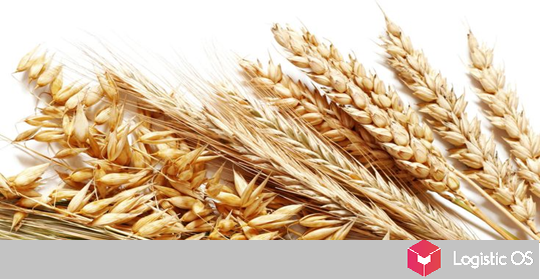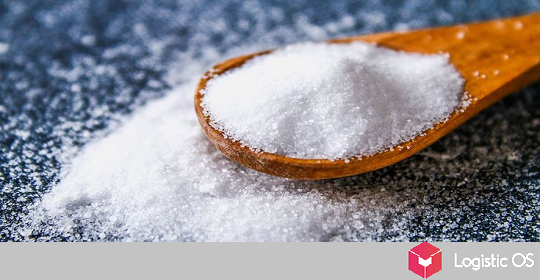The risks of difficulties with food export to China will remain in the near future.
One of the main reasons for the fall is the imposed restrictions on the import of fish and seafood:
the volume of supplies in January-October decreased by 68.8% year-on-year (to 282.9 thousand tons),
in value terms, the decline occurred by 38% (to $ 838 million).
By the end of the year, fish exports to China may decrease by 73% (to 971.46 thousand tons). At the same time, the cost of supplies will decrease by 43% (to $ 882 million).
Experts do not count on the restoration of fish supplies in the same volume in 2022.
The decline in fish exports in monetary terms is partially offset by the supply of other types of products (mostly due to the rise in world prices):
Oilseeds and oils — up 4.9% (to $ 1.3 billion)
Cereals — 4 times growth (up to $ 112 million)
Confectionery — 6% growth (up to $ 99 million)
Beverages (including beer and spirits) — an increase of 30% (to $ 30.4 million)
Meat supplies (increase in beef exports) in value terms increased by 22.8% (to $ 324.3 million).
Nevertheless, by the end of 2021, the export of Russian agricultural products to China may decrease by 10% to $ 3.6 billion year-on-year.
From January to October 2021, shipments of agricultural products decreased by 16.5% (3.08 million tons) in physical terms, in value terms — by 8.3% to $ 2.9 billion.
Against the backdrop of a decrease in fish exports to China, the corresponding supplies increased to South Korea: an increase of 37% (to $ 1.7 billion).
Thus, the share of South Korea among the largest Asian importers of Russian agricultural products increased from 27% to 35%.
The share of the PRC decreased from 63% to 52%.
In the cities of the PRC bordering with Russia, control over food imports is tightening: the administration of Suifenhe stopped the import of prepackaged food in November, and the authorities of Hulun Buir introduced a ban on the import of products that require a special temperature regime (including meat and milk).
The situation with the import of products from Russia to the PRC is complicated by the fact that Chinese companies can withdraw orders already prepared by Russian suppliers.
The largest Russian exporters also note the lack of proper communication between the services of Russia and China.

